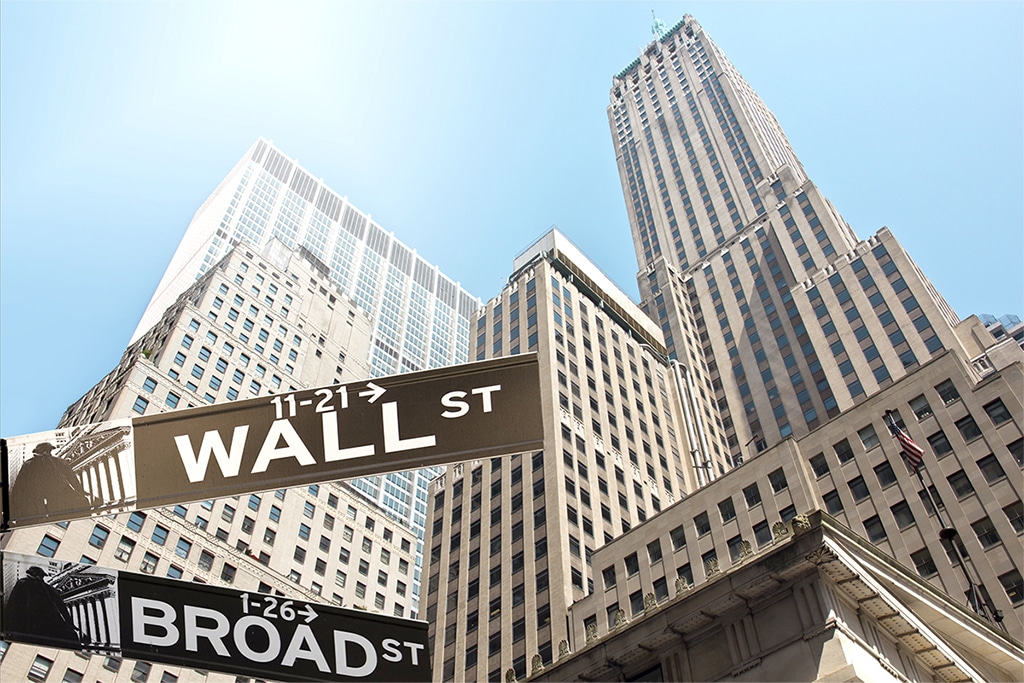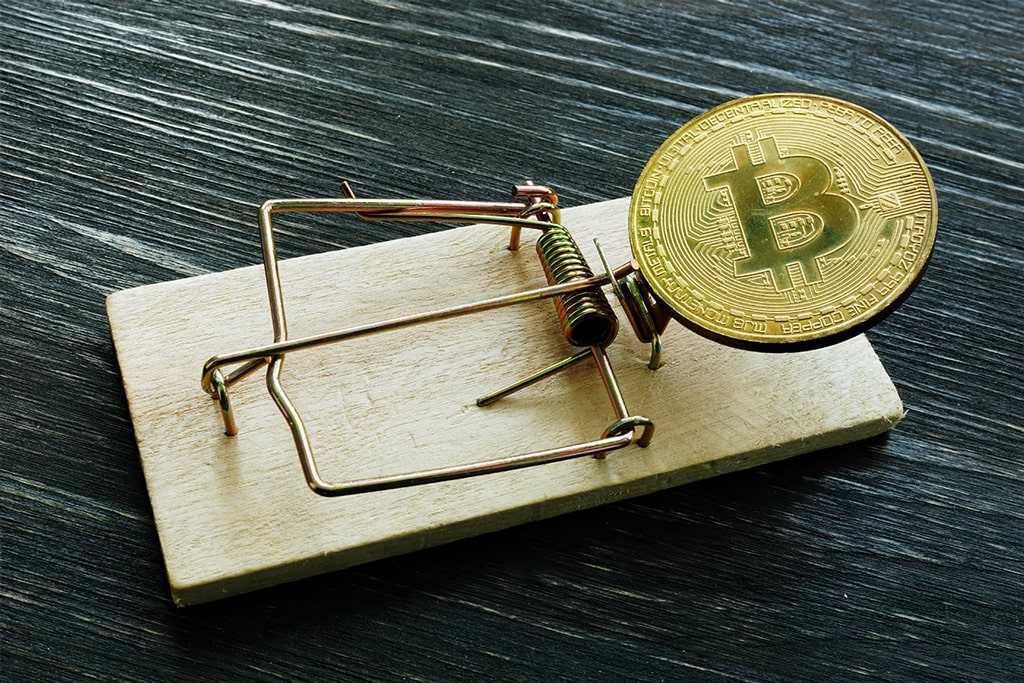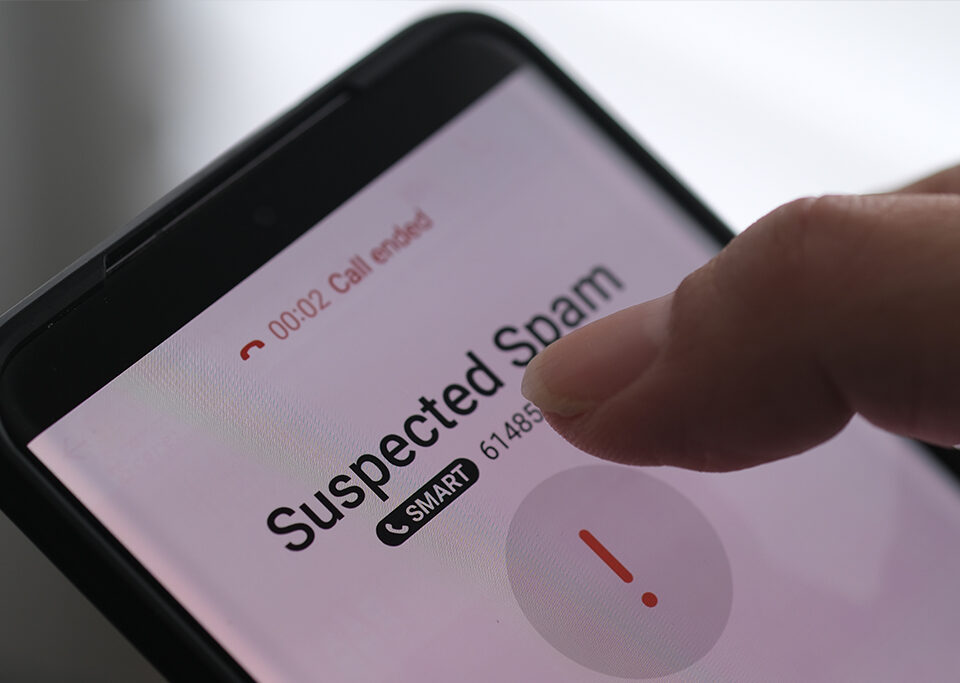
Essential Used Car Checklist: What to Look for Before You Buy
February 9, 2023
If it looks too good to be true, it probably is
March 13, 2023According to a recent Australian Competition & Consumer Commission (ACCC) report, Australians lost more than $2 billion dollars to scammers in 2021, and that’s just the losses that were reported.
The scams that caused the greatest financial harm were:
- Investment scams – $701 million
- Payment redirection scams – $227 million, and
- Romance scams – $142 million.
According to the report, investment scams saw a significant increase in losses from the previous year, the main driver of which was cryptocurrency investment scams, where losses increased by 270%. The ACCC says that losses to crypto scams continued to increase throughout 2022.
Scammers love cryptocurrencies, like Bitcoin and Ethereum, because they can be moved around quickly and are hard to recover once lost.
In support of Scams Awareness Week in November 2022, the Australian Securities and Investments Commission (ASIC) released a warning for consumers on how to spot a crypto scam and what to do if you’ve been scammed.
ASIC’s media release states that crypto scams fall into three broad categories:
- Scams where you think you’re investing in a genuine asset but it’s a fake crypto exchange, website or app
- Fake crypto tokens (used to steal your crypto assets), and jobs trading crypto that look legitimate at first glance (but are really money laundering using crypto)
- Scams that use crypto-assets to make a payment
ASIC’s Moneysmart website has more information on how crypto scams work.
Because cryptocurrencies are largely unregulated, and in most countries are not considered legal tender, if your wallet is lost or hacked, or an exchange is hacked or goes bankrupt, you are unlikely to have any consumer protections and will most likely lose all the money you had in crypto.
Spotting a crypto scam
Scammers are always developing new and creative ways to get their hands on your money. Here are some common tricks used by crypto scammers for you to avoid:
- Unsolicited contact via email, phone, social media, or online forum from someone claiming to be an investment manager or broker
- Fake celebrity or influencer endorsements on social media
- An online romantic partner who asks for money in crypto
- Pressure to move your crypto to another exchange
- Asking you to pay for goods or services in crypto
- Getting you to download an investment app you can’t find listed on the App Store or Google Play
- Convincing you to transfer money you plan to invest into a different bank account
- Asking for fees or taxes to access your money
- Offering unusually high or ‘guaranteed’ returns
- Strange tokens appearing in your digital wallet that you did not buy yourself
An internet search of the investment company, crypto exchange, or cryptocurrency may also be useful in alerting you to bad reviews and possible scam activity.
New crypto wallet scam
Police have recently become aware of a new scam involving fake crypto paper wallets.
The scam involves leaving fake crypto wallets made from paper, around streets and parks for people to find. They look like real wallets and contain a QR code that if scanned, asks you to click on a link to access a crypto wallet containing up to $16,000. It then says you can transfer it to your own crypto wallet by paying a fee and providing your wallet details.
Hopefully at this stage alarm bells are ringing because once you provide the details of your legitimate wallet they not only steal your cash but steal your cryptocurrency too.
Finally,
FTX, one of the world’s largest cryptocurrency exchanges, recently collapsed, making it the largest exchange to go under to date, a $32 billion company wiped out in a few days, taking investor funds with it.
Following the FTX collapse, which triggered a dramatic fall in the value of cryptocurrencies in general, several other exchanges halted customer withdrawals, which suggests they may also be in financial difficulty. Are more bankruptcies on the cards?
If nothing else, consumers should be questioning how safe their digital wallets and crypto currencies really are.








